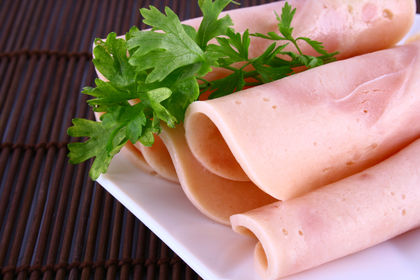Lipids

The lipids are a class of biochemical compounds, many of which occur naturally in plants and animals. (Biochemical compounds are organic compounds that are intimately involved in living organisms.) Most organic compounds are classified into one of a few dozen families, based on their structural similarities. The lipids are an exception to that rule. The members of this family are classified together because they all have a single common physical property: they do not dissolve in water, but they do dissolve in organic solvents such as alcohols, ethers, benzene, chloroform, and carbon tetrachloride.
The lipids constitute a very large class of compounds, many of which play essential roles in organisms. Among the most important lipids are fats and oils, waxes, steroids, terpenes, fat-soluble vitamins, prostaglandins, phosphoglycerides, sphingolipids, and glycolipids. Some of these names may be unfamiliar to the general reader, but they all are vital to the growth and development of plants and animals. Phospholipids, for example, occur in all living organisms, where they are a major component of the membranes of most cells. They are especially abundant in liver, brain, and spinal tissue.
Waxes, fats, and oils
Perhaps the most common and most familiar examples of the lipids are the waxes, fats, and oils. All three classes of compounds have somewhat similar structures. They are made by the reaction between an alcohol and a fatty acid. (A fatty acid is an organic compound that consists of a very long chain of carbon atoms with a characteristic acid group at one end of the chain.) Fats and oils differ from waxes because of the chemical composition of the alcohols from which they are made. Fats and oils differ from each other in one major way: fats are solids; oils are liquid. These differences in physical state reflect differences in the kinds of fatty acids from which these two types of compounds are made.
Fats in animal bodies
Fats are an important part of animal bodies, where they have four main functions. First, they are a source of energy. Although carbohydrates are often regarded as the primary source of energy in an organism, fats actually provide more than twice as much energy per calorie as do carbohydrates.
Fats also provide insulation for the body, protecting against excessive heat losses to the environment. Third, fats act as a protective cushion around bones and organs. Finally, fats store certain vitamins, such as vitamins A, D, E, and K, that are not soluble in water but are soluble in fats and oils.
Animal bodies are able to synthesize (produce) the fats they need from the foods that make up their diets. Among humans, 25 to 50 percent of the typical diet may consist of fats and oils. In general, a healthful diet is thought to be one that contains a smaller, rather than larger, proportion of fats.
The main use of fats commercially is in the production of soaps and other cleaning products. When a fat is boiled in water in the presence of a base such as sodium hydroxide, the fat breaks down into compounds known as glycerol and fatty acids. The fatty acids formed in this reaction react with sodium hydroxide to produce a soap. The process of making soap from a fatty material is known as saponification.
[ See also Metabolism ; Organic chemistry ]